How To Make Your Home Energy Efficient
First, let’s tackle why this should be a priority. Number 1, climate change (obviously). Number 2, your mortgage amount can benefit from you making energy efficient home improvements. You can get 25% refund on your mortgage insurance premium when buying an energy efficient home or if you make energy saving renovations. This program is available for all mortgage products. For example, if you paid a $12,000 mortgage insurance premium, you would be getting $3000 back. Learn more about the Energy Efficient Homes Program.
Strategies To Make Your Home More Energy Efficient
Check out the chart above to see how your household energy usage is distributed. Isn’t it crazy that your heating and cooling systems account for 63.6% of your home’s energy usage? With that being said, most of these strategies are centred around reducing your heating/cooling costs (another bonus!)
Insulation
Any home that is properly insulated will have insulation in the walls, roof, and floors of the structure. Believe it or not, a home that is properly insulated versus a non-insulated home can be the difference of 40-50% of your cooling and heating costs.
High Thermal Mass Building Products
What the heck is a material that has a high thermal mass? A common questions for most of us. A product that has a high thermal mass absorbs and stores heat energy. An example of such would be concrete - it holds temperature and releases it. Depending on whether your space is being warmed or cooled, a product with a high thermal mass would help lower operating cycles of your HVAC systems.
Air and Moisture Barriers
This is an important strategy for any home regardless of your interest in improving your home’s energy efficiency. Without proper air and moisture barriers, you’re increasing the likelihood of mould. These barriers help reduce the amount of water and moisture build-up in your walls. Fun fact: this strategy is closely related to having proper insulation because with proper insulation we increase the effectiveness of our air and moisture barriers and vice-versa! So it is not a this or that relationship but important to have both.
Heating System Choice
Now we’re getting to the good stuff. Since our heating is a major energy user, its important to have a residential heating system that works in your favour. Check out the Government of Canada website which has recommendations of systems that meet energy sustainability standards.
ENERGY STAR® Appliances
Appliances with the certified Energy Star® are reserved for appliances that are the best in energy efficiency compared to other models. When shopping for appliances, you can find this logo on the EnerGuide label. An EnerGuide label is an official record of your homes energy performance - to take advantage of any energy efficient home mortgage programs - you can provide this label to confirm your home’s energy efficiency. It can also be a good selling point if you’re thinking of listing your home.
Renewable Energy Sources
This may seem like a big investment, but when you think about the money you’ll be saving by nearly eliminating your energy bills - it’s definitely worth it. There are lots of options to choose from such as solar panels, geothermal heat pumps, wind systems etc. Check out this resource to explore more renewable energy sources.
If you’re interested in making some energy saving improvements to your home and need some cashflow to make it happen or want to take advantage of the Energy Efficient Home Program, book a call with Weninger Mortgages and let’s help you make it happen.
Helpful Resources:
The Government of Canada has some great resources when is comes to implementing sustainable energy. Including an article that guides you in how to get an energy efficiency home evaluations: https://natural-resources.canada.ca/energy-efficiency/energuide/energuide-energy-efficiency-home-evaluations/20552
Residential Heating Equipment recommendations: https://natural-resources.canada.ca/energy-efficiency/products/heating-equipment-for-residential-use/13740
Energy Efficient Homes: https://natural-resources.canada.ca/energy-efficiency/homes/what-energy-efficient-home/20548
Renewable energy options: https://natural-resources.canada.ca/our-natural-resources/energy-sources-distribution/renewable-energy/about-renewable-energy/7295




